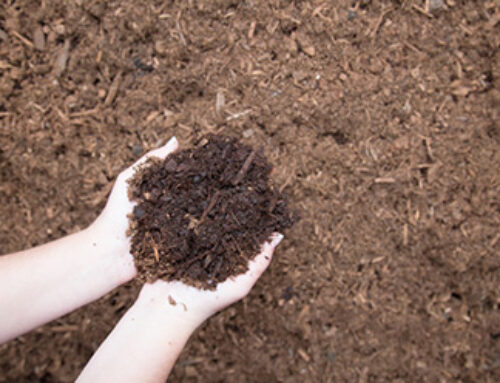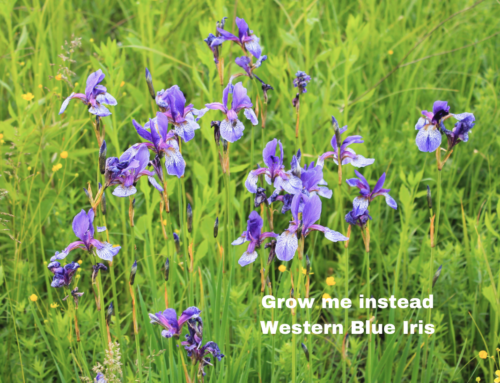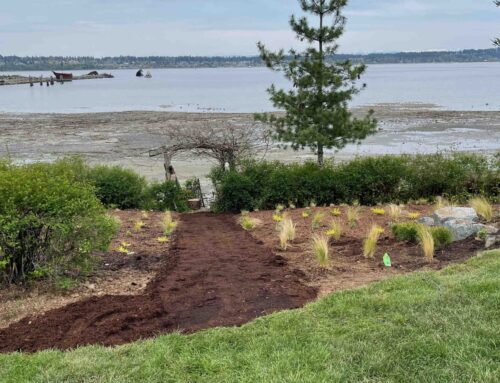Quality garden soils is the foundation for fantastic flower or vegetable gardens.
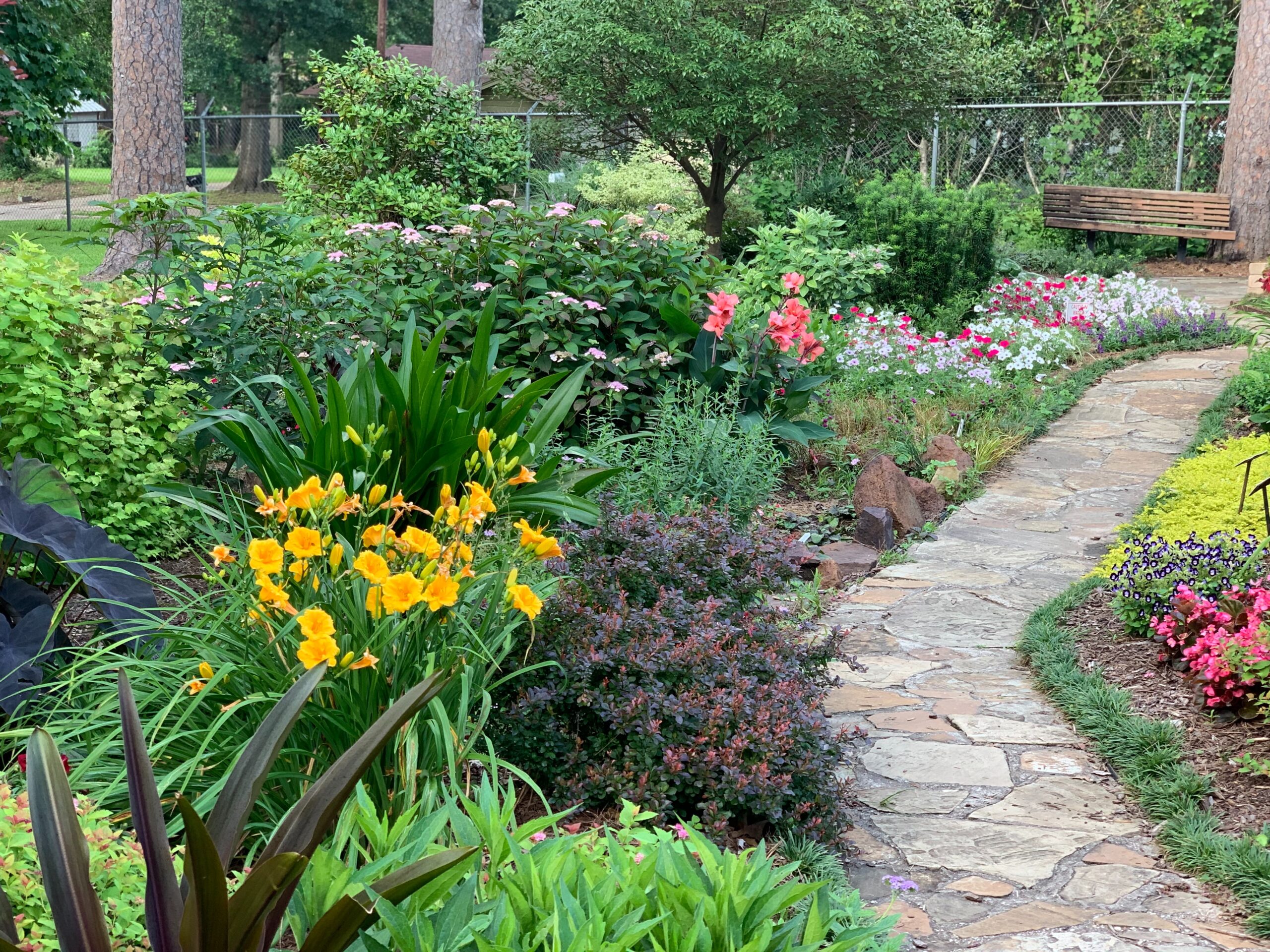
Spring is a time for renewal, and we are all ready to get out and muck about in the garden. If you have a balcony that needs some sprucing up, a garden top up, or a yard overhaul, everyone is getting ready to get outside. It is time to get the quality garden soils as the first step in the spring garden plans.
To build anything great, you must have a good foundation. As spring is already here gardeners are preparing the foundations for the growing season, and many of them wisely choose our landscape materials, such as fish compost or food-waste compost by Salish Soils compost, Garden Mix, Landscape Mix, and mulches.
“Our soil blends are weed-free, so whether you’re growing grass and flowers, or vegetables you can be confident you’re getting a good product,” says T&R General Manager, Brian Palmquist. If you are starting a new garden, you can count on the garden soil mixes. And if you had a great garden last year, you could make it even better this year, says Brian. “Amend your garden beds with some fish compost or food-waste compost and work it in. It will replenish the nutrients and you’ll be off and running,” he said.
Why Salish Soils
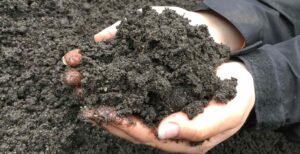 We get such great feedback from our customers on how great the soil products are. Salish Soils is a local BC company that has a strong focus on stewardship of the land. In addition, Powell River’s food waste will make a round trip and end up back in local gardens.
We get such great feedback from our customers on how great the soil products are. Salish Soils is a local BC company that has a strong focus on stewardship of the land. In addition, Powell River’s food waste will make a round trip and end up back in local gardens.
This food waste soil is created by Salish Soils, who collects organic waste and combines nitrogen-rich food waste with carbon-rich green waste and compost it into lush compost that’s ready for the garden. According to Lance Gray, operations manager at Salish Soils, you don’t need to add fertilizer, because it is fertilizer.
The composting process happens in a massive 3500-yard composting facility. It takes six months to “cure”, where the food waste is mixed with green waste, left to compost, allowed to heat to a temperature that kills weed seeds and pathogens, then cured and screened.
Tips for preparing your garden beds
Preparing your garden for spring plantings can help ensure that your plants have the best possible start to the growing season. Here are some steps you can take to get your garden ready in Powell River:
- Clear away debris: Remove any dead leaves, branches, or other debris that may have accumulated in your garden over the winter. This will help improve air circulation and reduce the risk of pests and diseases.
- Test the soil: Test your soil to determine its pH level and nutrient content. This information can help you choose the right plants for your garden and determine what amendments, such as compost or fertilizer, may be needed to improve soil health.
- Prepare the soil: Use a garden fork or tiller to loosen the soil to a depth of 6-8 inches. Add compost or other organic matter to improve soil structure and fertility. Avoid working the soil when it is too wet or dry, as this can damage soil structure.
- Plan your garden layout: Decide what plants you want to grow and where you want to plant them. Consider factors such as light exposure, soil type, and water requirements when choosing plant locations.
- Start seedlings indoors: If you plan to grow plants from seed, start your seedlings indoors several weeks before the last expected frost date in your area. This will give your plants a head start and help ensure a successful growing season.
- Prepare garden beds: Lay out your garden beds and mark the locations of plants. Create furrows for planting rows of seeds or plants. If you have raised beds, add fresh soil and compost to the top to refresh the bed.
- Mulch the garden: Once your plants are in the ground, add a layer of mulch around the base of the plants. This will help retain moisture in the soil and suppress weed growth.
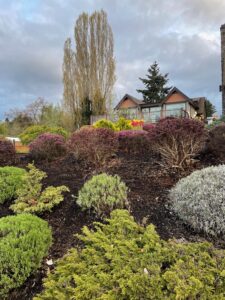
By following these steps, you can prepare your garden for spring plantings and set yourself up for a successful growing season. Remember to choose plants that are suited to your growing conditions and to water and fertilize your plants regularly to promote healthy growth.
Aggregates and hardscaping
Often when you are planning a garden you may need to shore up the beds or pathways and that can be done with a variety of materials such as crush, pea gravel, salt and pepper rock, drain rock or river rock. Our landscaping division can provide landscape design and installation. Services include delivery and installation of garden mulch, topsoil, plants, trees, shrubs, rocks, retaining walls and gravel.
For small jobs our yard is open for pick up and for larger loads call our office for delivery. We will also open up the landscape and garden supply on Saturday April 1 from 10 am to 4pm throughout the spring.
Resources
T&R: Water Mitigation and Mud Control
You Tube: Brian Minter Answers Gardening Questions
Almanac: Planting Guide for Powell river


